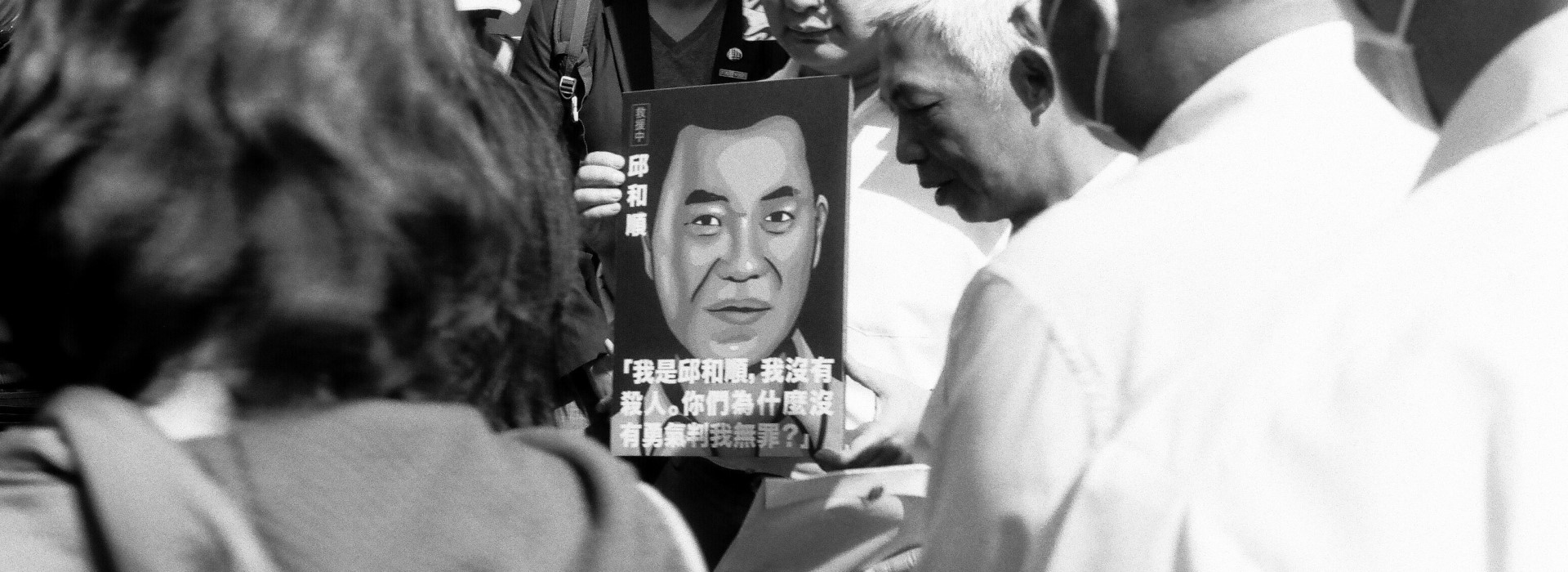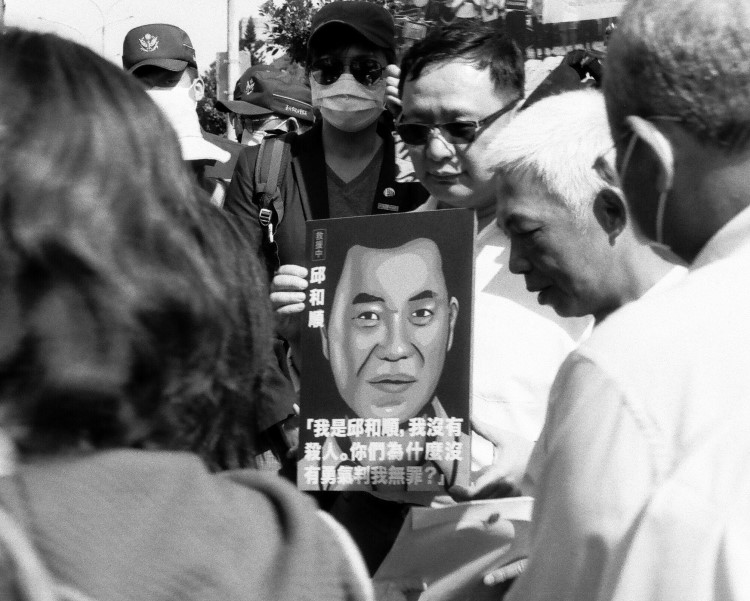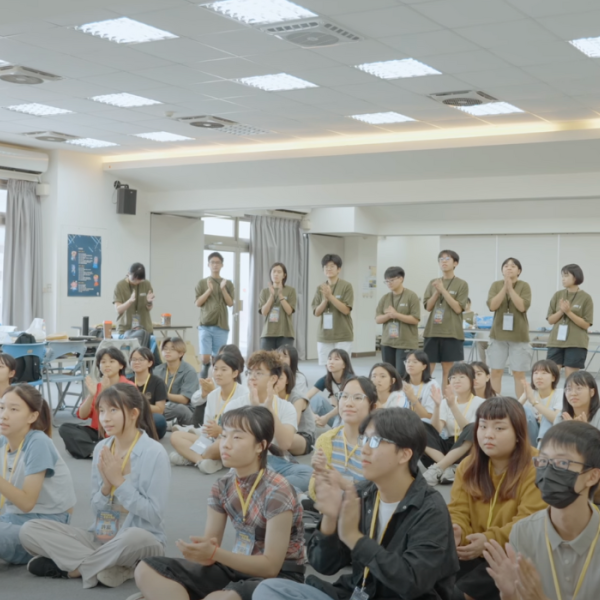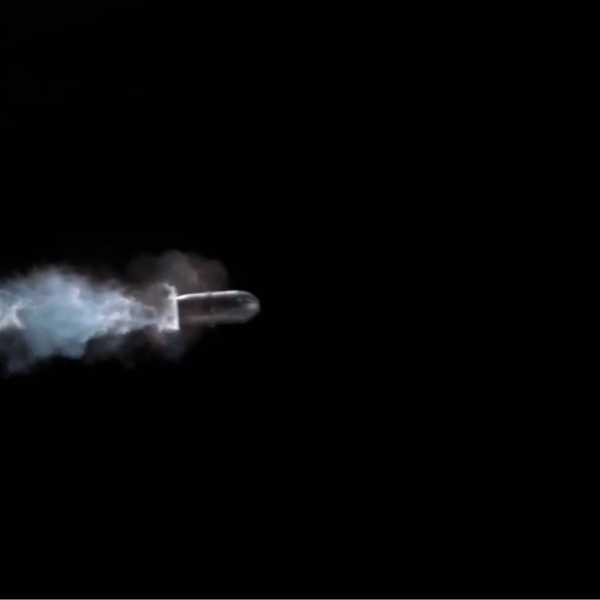【台灣】政府須確保修正軍事審判法符合其強化問責性的承諾
國際特赦組織公開聲明
2014年1月13日
AI Index: ASA 38/001/2014 (原文如下)
台灣政府須確保修正軍事審判法符合其強化問責性的承諾
台灣軍事審判法的修正使得未來軍人犯罪得以一般司法程序審理,無疑為促進軍中人權寫下歷史新頁。國際特赦組織表示,政府各機關應協力確保此重要的改革符合其承諾。
修正軍事審判法於2013年8月6日經立法院三讀通過,於8月13日公布之,並從今日開始施行。其內容包含承平時期停止軍事審判系統、軍事監獄及拘禁設施之使用。
陸軍洪仲丘下士於禁閉室操練以實施悔過處分,卻於2013年7月4日死亡一事引發社會高度關注,並促成軍事審判法的修正。修正條文尚包含已開始偵查、審判但程序尚未終結者其審判權的移轉,意即含洪案在內的關係人將立即移審普通法院。
國際特赦組織認為此次改革對於台灣人權侵害問責性的強化又向前邁進一步。然而,若未能確實落實修正法案,對於在台灣軍事系統中受酷刑或其他殘忍、不人道、有辱人格的待遇或處罰等人權受侵害者而言,正義便不得伸張。
對於洪案家屬委任律師具體指出軍事檢察官迄今尚未移交部分卷證予承接案件的普通法院檢察署檢察官,國際特赦組織備感關切。
洪案是修正軍事審判法通過後移審最重大之案件,也是新制的測試案例。目前,位台灣北部桃園地方法院仍持續洪案之審理。共有18名以「對部屬施以法定種類以外之處罰」及「凌虐軍人致死」罪名遭起訴之被告。
此外,最高軍事法院及北部地方軍事法院於2013年11月時向大法官聲請軍事審判法修正案違憲,顯示國防體系內可能仍存在反對改革之聲浪。
國際特赦組織呼籲台灣司法院及法務部應確保普通法院及檢察署擁有足夠資源以有效處理此項新的移審職責。同時,國防部及國軍也應採納合適機制、並訓練相關人員以利普通法院進行調查與審理。
國際特赦組織長期關切台灣軍法系統中的酷刑及免責文化。一方面,即無辜者曾因此被錯誤處罰,如1997年因一起未曾犯下的罪刑而遭判處死刑的空軍士兵江國慶。另一方面,軍中人權侵害事件常常未能妥善調查,也導致該當負起責任之人免責。
修正軍事審判法並未影響禁閉室之使用,因其性質不同於羈押犯罪嫌疑人之看守所。洪姓下士即被關於禁閉室中,而禁閉室中的酷刑與不當對待也時有所聞。
然而,2013年12月31日立法院通過修正陸海空軍刑法第44條條文,更清楚禁止逾越教育、訓練、作戰或其他軍事必要之不人道待遇行為。
國際特赦組織呼籲台灣政府以及立法院將酷刑與其他不當虐待入罪化,納入台灣法律保障的範疇,並確保其定義符合聯合國禁止酷刑公約(全名為禁止酷刑和其他殘忍、不人道或有辱人格的待遇或處罰公約-UNCAT),包含在軍中或由軍隊執行的各種刻意虐待。
同時,國際特赦組織也呼籲台灣政府積極落實聯合國禁止酷刑公約(UNCAT)及其任擇議定書之條款,並建立國內的防範機制以保護被剝奪自由者免受酷刑及其他不當虐待,其中包含軍隊禁閉室等設施。
AMNESTY INTERNATIONAL
PUBLIC STATEMENT
13 January 2014
AI Index: ASA 38/001/2014
Taiwan government must ensure the reform of military criminal procedure legislation lives up to its promise of greater accountability
As Taiwan today embarks on a major new chapter in protecting human rights within its military system, all branches of the government should work together to ensure that the important reform which transfers jurisdiction for criminal offenses by serving military personnel to ordinary civilian courts lives up to its promise, said Amnesty International.
The changes to Taiwan's Code of Court Martial Procedure, which come into effect today, abolish Taiwan's military court system, military prisons and criminal detention centres during peacetime. They were approved by Taiwan’s parliament, the Legislative Yuan, on 6 August 2013 and signed into law on 13 August.
The reform of the military criminal procedure was sparked by public outrage over the death of army corporal Hung Chung-chiu after he collapsed during exercises being carried out as a punishment in a military disciplinary detention facility on 4 July 2013. The legislative changes included a special clause that jurisdiction in certain categories of offenses, including those in the Hung case, would be transferred immediately.
Amnesty International has welcomed this development as a step towards greater accountability for human rights violations in Taiwan.
However, without proper implementation the legislative amendments will not deliver justice to the victims of human rights violations, including torture and other cruel, inhuman or degrading treatment or punishment, in Taiwan's military system.
Amnesty International is concerned by the substantial indications provided by lawyers representing the Hung family that the military prosecutors have not to date handed over some of the documentary evidence on the Hung case to their civilian counterparts.
The case against 18 military officers, charged with "collectively imposing illegal punishment on a subordinate" and "abusing a subordinate resulting in death" for the death of Hung, is still ongoing in the civilian Taoyuan District Court in northern Taiwan. As by far the most significant case transferred to date, it serves as a test case for the new system.
In addition, Taiwan's Supreme Military Court and the Northern District Military Court petitioned the Council of Grand Justices in November 2013 for judicial review on the constitutionality of the revised Code of Court Martial Procedure, illustrating possible opposition to the changes within the defence establishment.
Amnesty International calls for Taiwan's Judicial Yuan (the judicial branch) and the Ministry of Justice to ensure that adequate resources are made available to civilian courts and prosecutors' offices to enable them to effectively handle this new area of responsibility.
The organization also calls on the Ministry of National Defence and the various branches of the armed forces to adopt suitable protocols and mechanisms to ensure smooth cooperation with civilian investigations and trials, and to carry out related training for military personnel.
Amnesty International has long expressed concerns regarding torture and the culture of impunity in Taiwan's military justice system that has meant, on the one hand, that innocent people have been wrongly punished, such as air force private Chiang Kuo-ching who was sentenced to death and executed in 1997 for a crime he did not commit. On the other hand, the authorities frequently fail to investigate allegations of human rights violations within the military properly, and those allegedly responsible have seldom been brought to justice.
The amendments to the military criminal procedure legislation do not affect the operation of military disciplinary detention facilities, such as the unit in which Hung was held, where torture and other ill-treatment have occurred, since these are separate from detention centres used to hold criminal suspects.
However, an amendment to Article 44 of the Criminal Code of the Armed Forces adopted on 31 December 2013 does more clearly prohibit treatment "in excess of what is necessary for education, training, combat or other military purposes".
Amnesty International calls on Taiwan's government and parliament to ensure that torture, as defined in the United Nations Convention against Torture and other Cruel, Inhuman or Degrading Treatment or Punishment (UNCAT), is criminalized under Taiwan's laws, as are at least deliberate forms of ill-treatment, including within and by the military.
Amnesty International further calls on Taiwan's government to commit to the UNCAT and implement its provisions and its Optional Protocol and establish a national preventive mechanism as envisaged by the Optional Protocol with unrestricted access to all places where people are deprived of liberty, including military disciplinary detention facilities.
更多影音
- 全球
酷刑工具是如何被警方用來針對示威者?
- 全球
阿姆內斯提青春大舞台 2024高中生人權營
失去眼睛的警察暴力倖存者萊迪述說她的遭遇
- 全球









